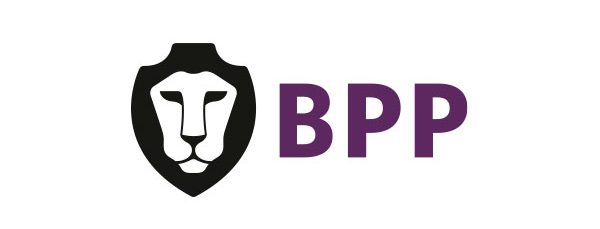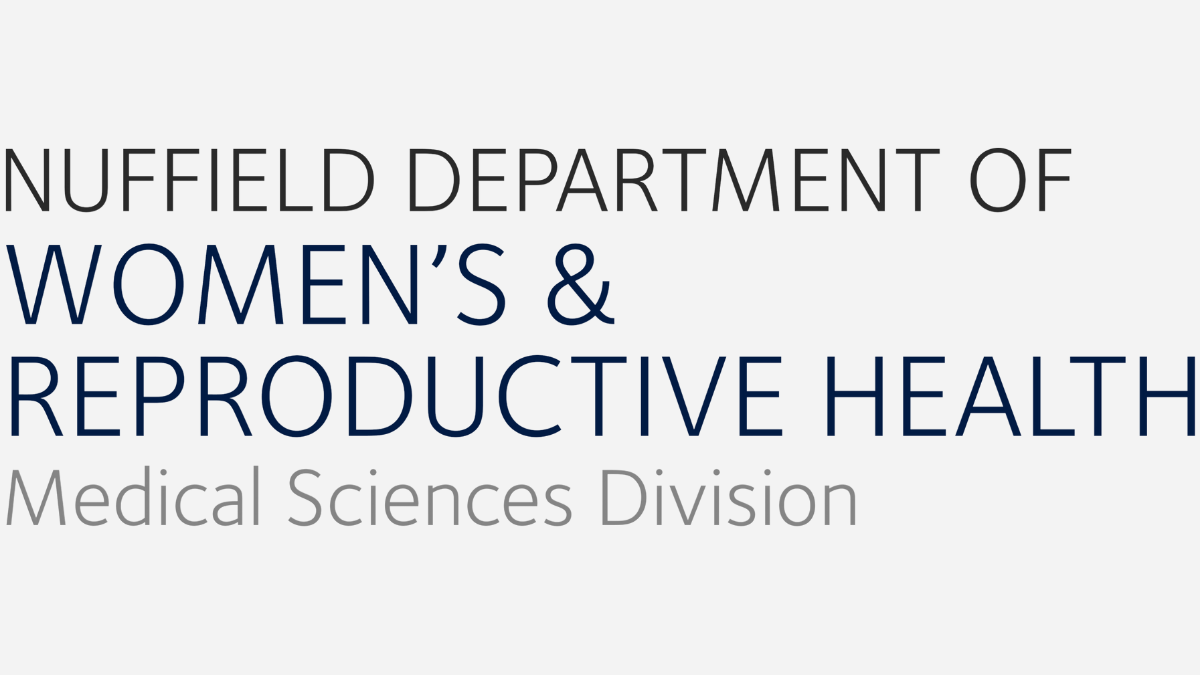BPP is both the UK’s first independent private university dedicated to business and the professions, and Europe’s largest for-profit education provider. They obviously take learning seriously, and not just for their students. Robert Goate, as Head of Learning and Development, has the responsibility to “ensure we treat our 1500 employees as well as we treat our students”.
Professionals training professionals
I asked Robert to describe BPP’s activities. “It was set up 40 years ago to deliver training in accountancy using word processing software. We became a training business for professionals and now have degree-awarding powers for our university. BPP runs study centres worldwide and around the UK located near hubs of business, finance, healthcare and law. We also have an on-line presence.”
What sort of areas do you train in? “Examples are law, financial services, accountancy, healthcare, marketing, HR and psychology. We provide professional qualifications and development, as well as undergraduate and postgraduate programmes in these subjects.
“We also offer apprenticeships. These are going to be a growth area due to the introduction of the apprenticeship levy which aims to fund three million new apprenticeships by 2020. By 2017/18, most apprenticeships will meet new standards developed by employers that fit very well with our guiding principle of professionals training professionals.
“A lot of our students are young and, in effect, the course is their first job. So they’re learning employability skills while they study – communication, presentation skills and time-keeping for instance – from our tutors who are all recruited from the professions. We also get working students and work returners on the professional and postgraduate courses who value our tutors for their experience and insight.”
Robert’s background is in Occupational Psychology (he has a master’s degree and is editor of OP Matters, the quarterly journal for the British Psychological Society Division of Occupational Psychology). He was formerly a management consultant for the advertising industry and a tutor within BPP before working his way to his present position.
He knows a lot about how the organisation works, the requirements for effective learning as well as assessment methodologies such as McQuaig. ‘There’s no excuse for us not to offer world class career, professional and personal development to our teaching colleagues. Which is where Holst’s products come in.’
A lot of tools try to blind you with science
Three or four years ago Robert was himself a delegate on one of BPP’s development programmes and was given his McQuaig report. ‘I was immediately impressed with it, for very specific reasons. For a start, it was very accessible.
“A lot of such tools are esoteric; they try to blind you with science and don’t answer the “So What?” question. That means they impress people to begin with but rarely lead to useful action in terms of its application back into the work context. By contrast, McQuaig seems scientifically robust and you can immediately start to make changes and improvements. My specialities as a psychologist and manager are engagement, motivation and organisational change so this all fits in with what I’m trying to achieve in my role.”
How is the system being used now? “We reintroduced it onto our talent programme – which includes leaders, managers and tutors across the business – last year as an initial diagnostic with a focus on strengths and development areas. We also use it in mentoring pairings on our Women in Leadership group. Fundamentally, we use it wherever it will add value and be an appropriate tool: for example, on team development workshops, in coaching conversations and performance management meetings.”
So, it seems to work in a large number of contexts. “One of its real strengths is how the results are presented in a simple, easily understood way: this establishes a common language which helps people to discuss development areas that they may often find difficult. This is particularly true in the professions where people are used to hard knowledge but may lack insight into their own professional development.”
Was it difficult to introduce? “No but you have to stress confidentiality and that, while we keep copies of reports in our files for reference, these are never linked to personnel records. My role as a member of the BPS, trained in the system and BPS Level B trained gives an additional quality assurance. Only two people have come to us and queried the process but they were satisfied with our explanation. A strong ethical stance is key to building confidence in the assessments and ensuring buy-in.”
If you had to sum up the value of McQuaig, what would it be? “In the nicest possible way it simplifies personality – I might even say that it shifts the emphasis away from personality and onto how one’s skills can be best used in an organisation.
“Many assessments, in effect, set up a competition. They, by their design, compare you to other people and say whether someone is more or less suited to a job, or has greater or fewer strengths. McQuaig concentrates on the strengths and development areas within a person and seems to reflect pretty accurately what people think about themselves, not how good or bad they look against others.”
“I’d also say that Holst themselves add a lot of value – in analysis and collation of results and in contributing to meetings and sessions. We’ve got more people trained up in the system so, in that sense, we’re self-sufficient, but it’s good to have some messages from the publishers to build credibility.”
There is more information about BPP’s activities on www.bpp.com









